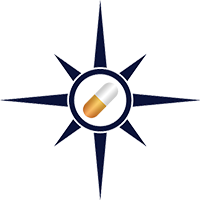



API Suppliers

US DMFs Filed

CEP/COS Certifications

JDMFs Filed
Other Certificates
Other Suppliers

USA (Orange Book)

Europe

Canada

Australia

South Africa
Uploaded Dossiers
U.S. Medicaid
Annual Reports






Impressions: 54752
https://www.pharmacompass.com/radio-compass-blog/top-drugs-and-pharmaceutical-companies-of-2019-by-revenues
Impressions: 3166
https://www.pharmacompass.com/radio-compass-blog/sanofi-lawsuit-highlights-mylan-s-unfair-trade-practices-fresenius-goes-on-multi-billion-dollar-spending-spree
Impressions: 1837
https://www.pharmacompass.com/radio-compass-blog/phispers-record-fines-for-pfizer-gsk-canada-adopts-ich-q8-q9-q10-zika-s-threat-to-rio-more
Impressions: 3086
https://www.pharmacompass.com/radio-compass-blog/dr-reddy-s-expansion-plans-for-api-production


